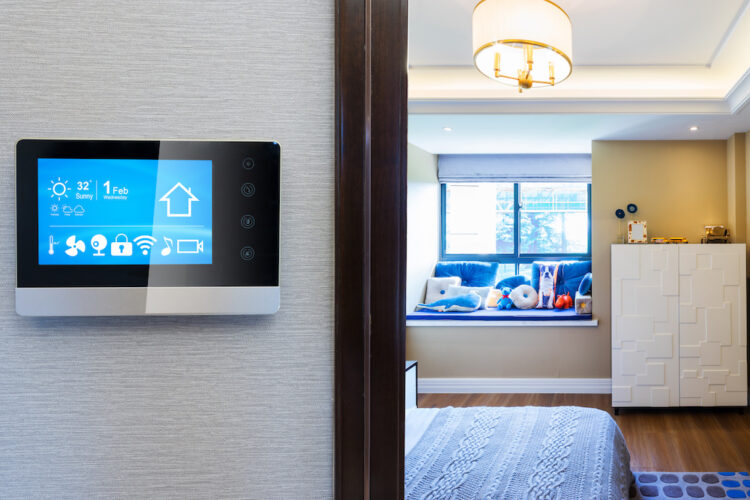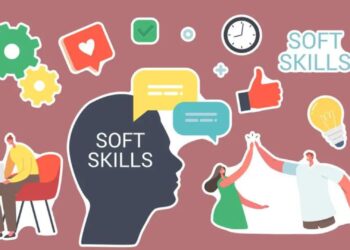This article explores the growing role of Artificial Intelligence (AI) in the hospitality industry. From chatbots and voice assistants to predictive analytics and personalized recommendations, AI is transforming the way hotels and restaurants operate and interact with customers. This article will examine the benefits and challenges of AI in hospitality and explore how AI can enhance the guest experience, improve operational efficiency, and drive business growth.
Introduction: Artificial Intelligence (AI) has rapidly become an important tool for many industries, including hospitality. AI refers to the development of computer systems that can perform tasks that would normally require human intelligence, such as speech recognition, decision-making, and language translation. In the hospitality industry, AI is being used to enhance the guest experience, improve operational efficiency, and drive business growth.
Benefits of AI in Hospitality:

- Personalization and Guest Experience: AI can help hotels and restaurants personalize the guest experience by analyzing customer data and behavior to make tailored recommendations. For example, AI-powered chatbots and voice assistants can answer guest queries and provide recommendations based on their preferences and past behavior. This can enhance the guest experience and improve customer satisfaction.
- Improved Operational Efficiency: AI can also help hotels and restaurants improve their operational efficiency by automating routine tasks and freeing up staff to focus on more important duties. For example, AI-powered chatbots can handle basic customer queries and requests, reducing the workload on customer service staff. Similarly, AI-powered predictive analytics can help hotels optimize their inventory management, staffing levels, and pricing strategies.
- Enhanced Marketing and Sales: AI can also help hotels and restaurants improve their marketing and sales efforts by analyzing customer data and behavior to make targeted recommendations and promotions. For example, AI-powered marketing automation tools can send personalized offers and promotions to guests based on their past behavior, preferences, and demographics. This can help drive customer loyalty and increase revenue.
Challenges of AI in Hospitality:
- Data Privacy and Security: One of the biggest challenges of AI in hospitality is data privacy and security. AI-powered systems rely on large amounts of customer data, including personal and financial information. Hotels and restaurants must ensure that this data is securely stored and protected from unauthorized access or breaches.
- Ethical Concerns: Another challenge of AI in hospitality is the ethical implications of using AI-powered systems to replace human jobs or make decisions on behalf of guests. Hotels and restaurants must ensure that their use of AI is transparent and ethical and that it does not discriminate against certain groups or individuals.
- Cost and Implementation: Implementing AI-powered systems can be costly and time-consuming, requiring significant investment in technology and staff training. Hotels and restaurants must carefully weigh the potential benefits of AI against the costs of implementation and ongoing maintenance.
Examples of AI in Hospitality:

- Chatbots and Voice Assistants: Many hotels and restaurants are using AI-powered chatbots and voice assistants to provide guests with personalized recommendations and assistance. For example, Marriott International has introduced a chatbot on its Facebook Messenger platform to help guests book rooms, ask for recommendations, and get local information.
- Predictive Analytics: AI-powered predictive analytics can help hotels and restaurants optimize their pricing strategies, inventory management, and staffing levels. For example, Duetto, a hotel revenue management platform, uses AI to analyze booking trends and market demand to help hotels set optimal room rates.
- Personalized Recommendations: AI can help hotels and restaurants make personalized recommendations to guests based on their past behavior and preferences. For example, Hilton’s Connected Room technology uses AI to provide personalized recommendations for in-room amenities and services.
Conclusion:
AI is transforming the hospitality industry, offering a range of benefits from enhanced guest experience to improved operational efficiency and increased revenue. However, hotels
and restaurants must also address the challenges of data privacy and security, ethical concerns, and the costs of implementation. As AI technology continues to evolve, we can expect to see even more innovative applications in the hospitality industry.
While AI has the potential to improve the guest experience, it should not replace the human touch that is so essential to hospitality. In fact, AI can actually enhance the human touch by allowing staff to focus on more important tasks that require emotional intelligence and personal interaction.
For example, AI-powered chatbots can handle routine customer queries, freeing up staff to provide personalized recommendations and assistance to guests.
In conclusion, the role of AI in the hospitality industry is rapidly expanding, offering a range of benefits from enhanced guest experience to improved operational efficiency and increased revenue. However, hotels and restaurants must also address the challenges of data privacy and security, ethical concerns, and the costs of implementation.
By carefully weighing the potential benefits and challenges of AI, hotels, and restaurants can ensure that they are using this technology in a responsible and effective way to enhance the guest experience and drive business growth.






























